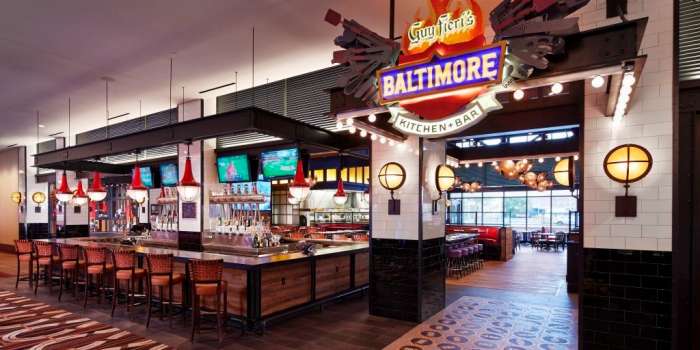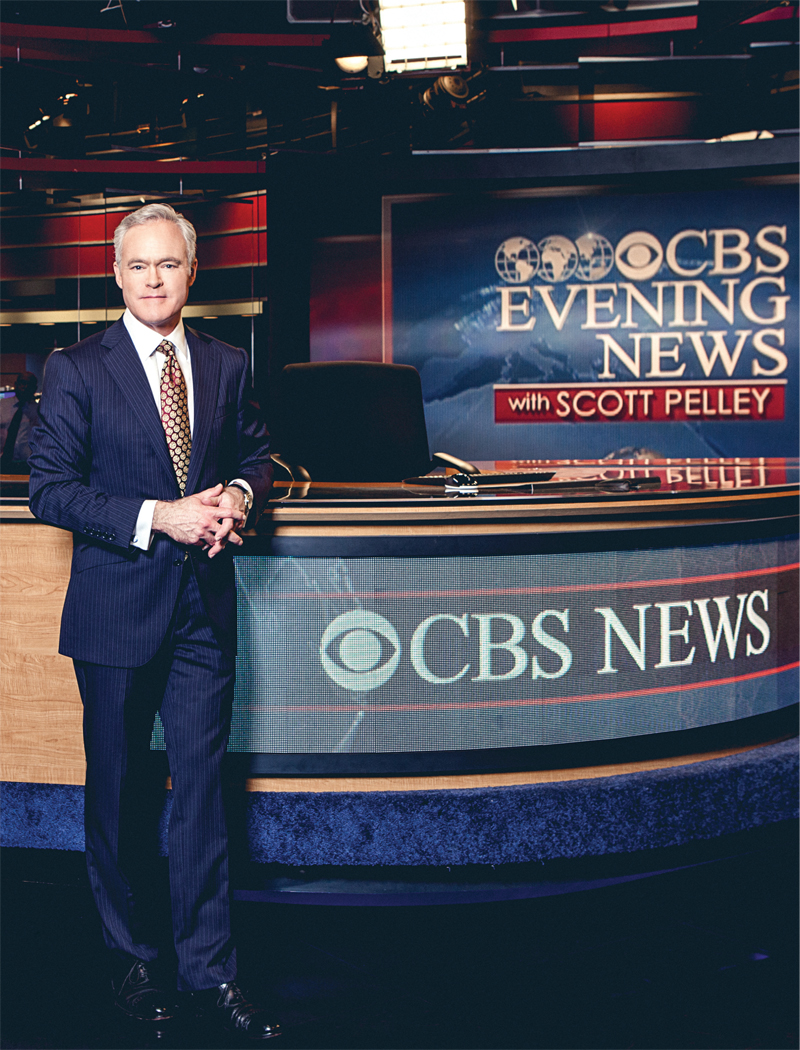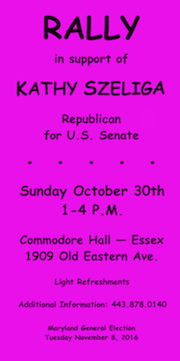
The familiar Provident Savings Bank’s former headquarters at Howard and Saratoga Streets. More than half a century ago, when Howard Street was a thriving retail hub and Baltimore’s department store business was booming, the now long-shuttered Hutzler’s, which is located next-door to the former bank, wanted to tear down the iconic Provident building to expand its down- town store. Provident refused to sell however, and so Hutzler’s accomplished its expansion by building around and behind the bank, as can be seen in this recent photo. Except for the bank, all the buildings shown are Hutzler’s.
MERGERS AND AUTOMATION
HAVE CHANGED THE WAY
THE BANKS DO BUSINESS
Familiar branch managers and tellers
have all but disappeared from sight
By David Maril
A merger announcement in the Baltimore Sun, about Howard Bank purchasing Patapsco Bank caught my eye the other day. The story said the deal putting two banks together I have never heard of, would create one of the largest locally owned banks in the region.
This started me thinking about how much the banking industry has changed in the last several decades. So many familiar banks in regions have been bought up, absorbed by larger national establishments, and the names have disappeared forever.
A few old Baltimore names that come to mind include Equitable Trust, Maryland National Bank, Savings Bank of Baltimore, Mercantile Safe Deposit & Trust Co. and Baltimore Federal Savings & Loan.
Other, smaller, local institutions from bygone days that were once household words also include Loyola Federal Savings & Loan, Metropolitan Savings Bank, Colonial Savings Bank and Eutaw Savings Bank.
You used to be able to walk into your local branch and deal with the same teller or manager for years. They would know you by name and remember how many kids you had and what you did for a living.
Today, some branch managers seem to transfer around from state to state before they can even buy local license plates for their cars. Tellers have all but disappeared and you are encouraged to make transactions at ATM machines or on Internet websites.
It’s easier to be picked to participate in a network reality TV show than gain access to the local phone number of a neighborhood bank office.
After a while, the big national banks don’t seem so enormous any more.
It took years, but I have finally given in and no longer remain adamant about dealing with a small, local bank. You rationalize about the convenience of banking at the same institution in practically every state and not having to pay ATM fees when you use a money card.









